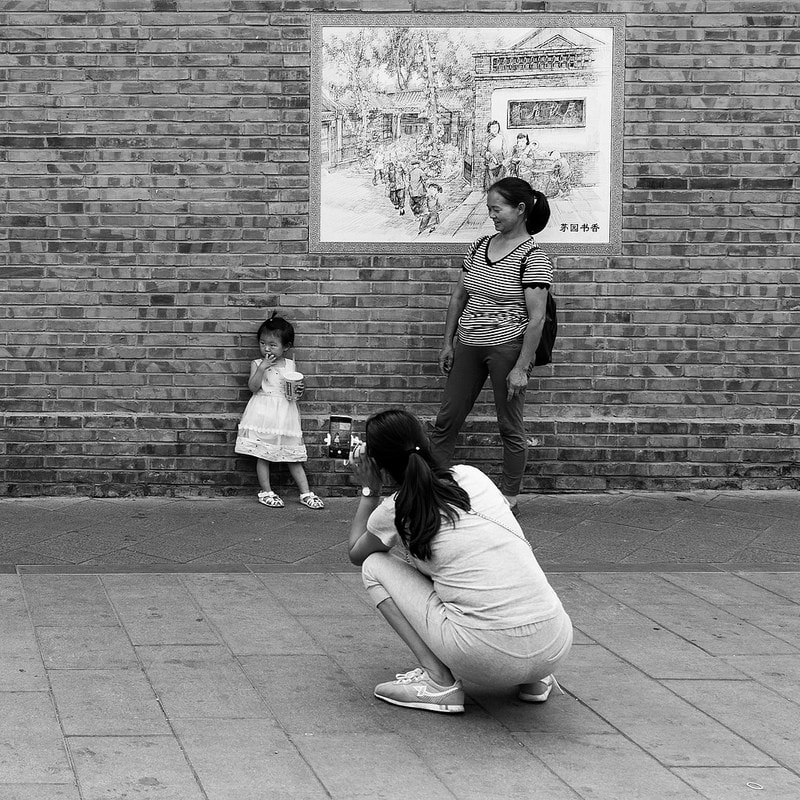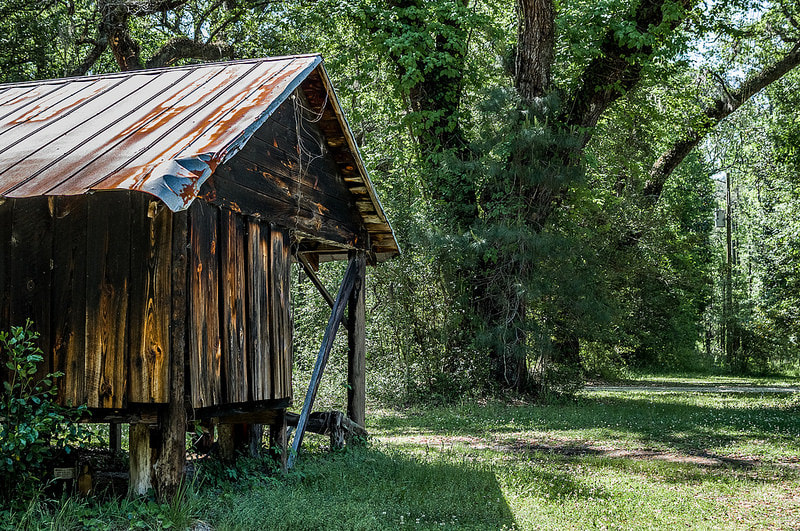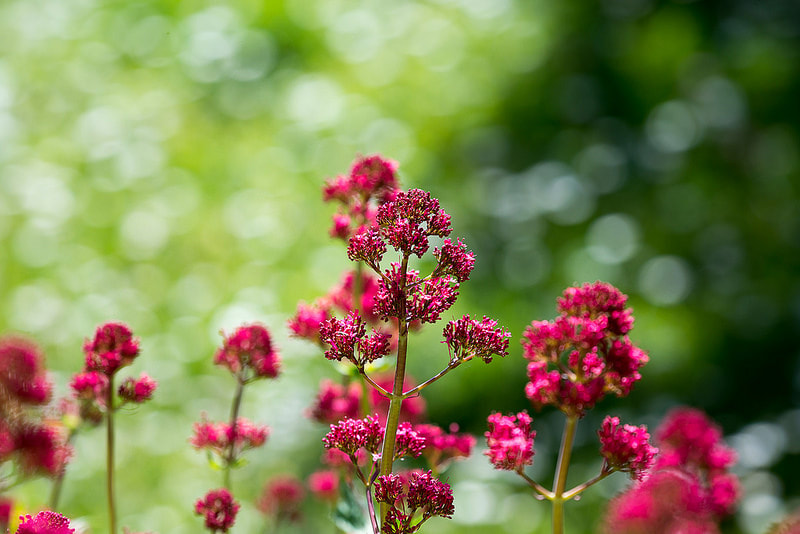Collecting Scraps of Light
the practice of gratitude as
a thank you note to life
For most of us, collecting scraps of light is one of the most important
spiritual practices we can undertake. It is our thank you note to life.
It is the positive side of what Buddhists call "dependent origination."
|
Collecting Light
by Deborah Cooper I see the way the chickadees take turns at the feeder. I watch a neighbor take her husband’s hand. I see the way the sun will find the only interruption in dark clouds to toss this amber light across the pines. I see a row of cars stop on the road until the orange cat has safely crossed, then take off slowly, should she change her mind. I watch the way my brother lifts our mother from the wheelchair to the car, the shawl he lays across her lap. I save up every scrap of light, because I know that it will take each tiny consolation every day to mend the world. |
Collecting Light as a Gratitude Practice
The page began as a response to the sad old man about whom Dermot Kennedy so beautifully sings in "Moments Passed." Scroll down for the song. The original title of the page was "Sad Old Men Who Can't Let go of the Past." A Sad Old Man Who Can't Let Go The beauty of Kennedy's voice is worth listening to for its own sake. But the story is important, too. It is the story of an old man who pines away for a lost love of his youth - a love that he never gets over. The memory of this love is not exactly a scrap of light: it is a scrap of bondage. He cannot live in the present and has no hope for the future. If his life were turned into a theology, it would be called "The Theology of Pining." Independence I understood the man and also felt sorry for him. I also felt that he was self-absorbed: trapped inside his mind. I began to wonder what, if anything, might help free a person from a painful and enslaving self-absorption in which he was trapped. It occurred to me then, and occurs to me now, that a healing antidote just might be gratitude, understood as a state of mind and way of living. I best admit that the grateful way of living does not come easily for me. I'd rather practice courage, or delight in beauty, or compassion, than gratitude. It makes me feel too....dependent. There's a voice in my head which says: "Thou Shalt Not be Dependent." Truth be told, I'm pretty sure its the voice of the devil: that is, the enemy of my better self. Still it is a powerful voice. I suspect that others hear it, too. We acquire it, in part, from a culture that over-emphasizes individualism and "merit" over gratitude. If we achieve something, to our culture says, we've done it on our own. Dependent Origination Positive and Negative And yet the Buddhist side of my life tells me that "dependent origination" (pratitya-samutpada) is at the very heart of reality. Everything originates in dependence on other things. Perhaps gratitude is a positive emotional response to dependent origination. And perhaps the opposite of gratitude, resentment, is a negative form of dependent origination. Letting the past be past There's another Buddhist theme that comes to mind as I think about the man who lives in the past: namely the theme of impermanence, of perpetual perishing. A willingness to let go of the past, to let the past be past, is itself a form of respect, even gratitude, for the past. It gives the past space to be itself. And perhaps the practice of gratitude begins, for many, with collecting scraps of light, including light from the past, without holding on to it so tightly that it cannot become....past. Jay McDaniel, 5/8/2018 |
A Sad Old Man Who Can't Let Go of the PastTell us about the concept of the new video. What inspired it, and how did it come to life? Lyrics Three Ways to Practice Gratitude
|
The Practice of GratitudeClick on the link for quotes, practices, videos, and much more:
Gratitude and Process TheologyGratitude is a most Whiteheadian of virtues. It frees the mind of the cramping confines of the ego, including its obsessions with the past, and opens up the heart to a recognition of the many ways in which, as individuals, we are composed of our relationships with others, apart from which we could not exist at all. It reveals "the many" that "become one" in our lives, moment by moment, bringing us into existence. A natural response is "thanks." The Science of Thank You NotesGrowing Old and Growing UpYou see it in small towns all over America. High school football reigns supreme, and someone who was a high school football star forever defines himself in terms of that period of his life. He hangs around town, sharing stories of the great game, but never really grows up. He grows old, yes, but he does not grow up. |




